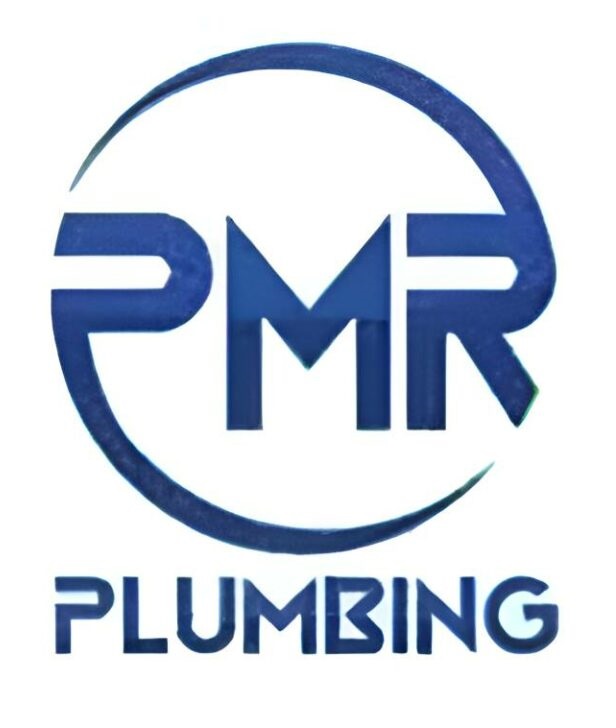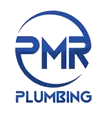Learn the key differences between residential and commercial plumbing, including system size, maintenance, and materials. Find out which type of plumber is right for your needs.
Plumbing is essential in every building, ensuring water flows where it should while keeping waste out. Whether for a home or a business, a well-functioning plumbing system is crucial. However, residential and commercial plumbing differ in several ways, including system complexity, maintenance, and regulations. Understanding these differences can help you choose the right plumbing service for your needs.
Understanding Residential Plumbing
Residential plumbing focuses on single-family homes, apartments, and smaller rental properties. These systems are designed to serve fewer people and typically include water supply lines, drainage systems, fixtures like sinks and toilets, and appliances such as water heaters and dishwashers. The materials used in residential plumbing are often PVC, PEX, or copper pipes, which are durable and cost-effective for home use.
The plumbing system in a house is relatively simple, with fewer pipes and connections. Homeowners usually deal with common issues like leaky faucets, clogged drains, and water heater malfunctions. Most residential plumbing repairs are minor, and many homeowners can even handle basic maintenance themselves. However, larger repairs, such as fixing a burst pipe or replacing a water heater, require a professional plumber.
Water pressure in homes remains fairly consistent, as demand does not fluctuate significantly. The hot water system is also smaller, typically ranging from 40 to 80 gallons, making it suitable for household use. In terms of maintenance, homeowners should schedule occasional pipe inspections, drain cleaning, and water heater servicing to prevent major issues.
Understanding Commercial Plumbing
Commercial plumbing is much more complex, serving larger buildings like offices, shopping centers, hotels, hospitals, and factories. These systems must handle high water usage and operate efficiently to prevent downtime. Since commercial properties have multiple bathrooms, kitchens, and industrial-grade appliances, the plumbing network is more extensive, with larger pipes, stronger water pressure, and advanced drainage systems.
Commercial plumbing systems must meet strict building codes and health regulations. Businesses, especially restaurants and healthcare facilities, require specialized plumbing solutions like grease traps, industrial water heaters, and backflow prevention devices. The materials used in commercial plumbing include durable options like stainless steel or industrial-grade copper to withstand constant use.
Due to their complexity, commercial plumbing systems need frequent maintenance. Large-scale issues such as sewer line backups or boiler malfunctions can disrupt business operations, leading to costly repairs. That’s why businesses often have service contracts with plumbing companies to ensure routine inspections and emergency response services.
Key Differences Between Residential and Commercial Plumbing
One of the biggest differences between residential and commercial plumbing is the size and scope of the system. A house may have a few bathrooms and a simple kitchen, while a commercial building might have multiple floors with extensive plumbing networks. Commercial plumbing also deals with higher water demand, requiring bigger pipes and stronger pressure control.
Another difference is water heating systems. In homes, a standard water heater is enough to supply hot water for daily activities. Commercial properties, on the other hand, use high-capacity water heaters or even industrial boilers to meet larger demands, especially in places like hotels, laundromats, and restaurants.
Drainage systems also vary. Residential properties have simple drainage leading to a municipal sewer or septic tank. In contrast, commercial buildings often require multiple drainage solutions, including grease traps for kitchens and floor drains in industrial facilities. Proper drainage maintenance is crucial in commercial settings to prevent costly clogs and backups.
Regulations and compliance are stricter for commercial plumbing. Homeowners only need to follow local building codes for plumbing repairs or installations. Businesses, however, must comply with health and safety regulations, ensuring proper water quality and sanitation. Commercial plumbing also requires permits and regular inspections, especially for food service establishments and medical facilities.
Plumbing Categories: What Services Do You Need?
Whether for residential or commercial properties, plumbing services cover various needs.
- Pipe Installation and Repair: New construction or renovations require proper piping, whether it’s replacing old pipes in a house or installing a large-scale plumbing network in a commercial building.
- Drain Cleaning: Clogged drains are common in both settings, though commercial properties often need advanced solutions like hydro-jetting to clear blockages.
- Leak Detection and Repair: Water leaks can waste a lot of water and cause structural damage. Leak detection tools help identify hidden leaks behind walls or underground.
- Water Heater Services: Homes need smaller water heaters, while businesses require high-efficiency boilers and tankless water heaters.
- Sewer Line Repairs: Residential sewer problems are often limited to a single connection, but commercial sewer systems require large-scale repairs and maintenance.
- Gas Line Services: Both homes and businesses use gas lines for heating and cooking. Proper installation and leak detection are crucial for safety.
- Fixture Installation: Whether upgrading a home bathroom or outfitting a commercial kitchen, proper fixture installation ensures functionality and water efficiency.
Choosing the Right Plumbing Service
If you need plumbing services, the right choice depends on the type of property. For homeowners, a residential plumber is best for repairs, installations, and maintenance. If you’re a business owner or property manager, you need a commercial plumbing expert with experience handling large-scale systems and compliance requirements.
Regardless of the service needed, hiring a professional ensures proper installation, timely repairs, and long-term efficiency. Whether for a simple home repair or a complex commercial project, an experienced plumber can provide reliable solutions tailored to your needs.
FAQS:
1. What is the main difference between residential and commercial plumbing?
Residential plumbing is designed for homes and small apartments, handling lower water usage with simpler systems. Commercial plumbing, on the other hand, serves businesses, offices, and industrial buildings, requiring larger pipes, higher water pressure, and more complex drainage solutions.
2. Why does commercial plumbing require more maintenance than residential plumbing?
Commercial plumbing systems experience higher water usage and more wear and tear due to frequent use by multiple occupants. To prevent costly breakdowns, businesses must schedule regular maintenance, inspections, and compliance checks.
3. Do residential and commercial plumbing require different types of materials?
Yes, residential plumbing typically uses PVC, PEX, or copper pipes, which are cost-effective and suitable for home use. Commercial plumbing often requires more durable materials like galvanized steel, industrial-grade copper, or heavy-duty PVC to withstand high water pressure and frequent use.
4. What are some common plumbing issues in residential and commercial buildings?
Common residential plumbing problems include clogged drains, leaky faucets, and water heater malfunctions. In commercial properties, issues like sewer line backups, water pressure inconsistencies, and grease trap blockages are more frequent due to the larger and more complex system.
5. How do I know if I need a residential or commercial plumber?
If you need plumbing services for your home, a residential plumber is best suited for repairs, installations, and maintenance. For businesses or large-scale properties, a commercial plumber with experience in complex systems, code compliance, and large-capacity equipment is necessary.

